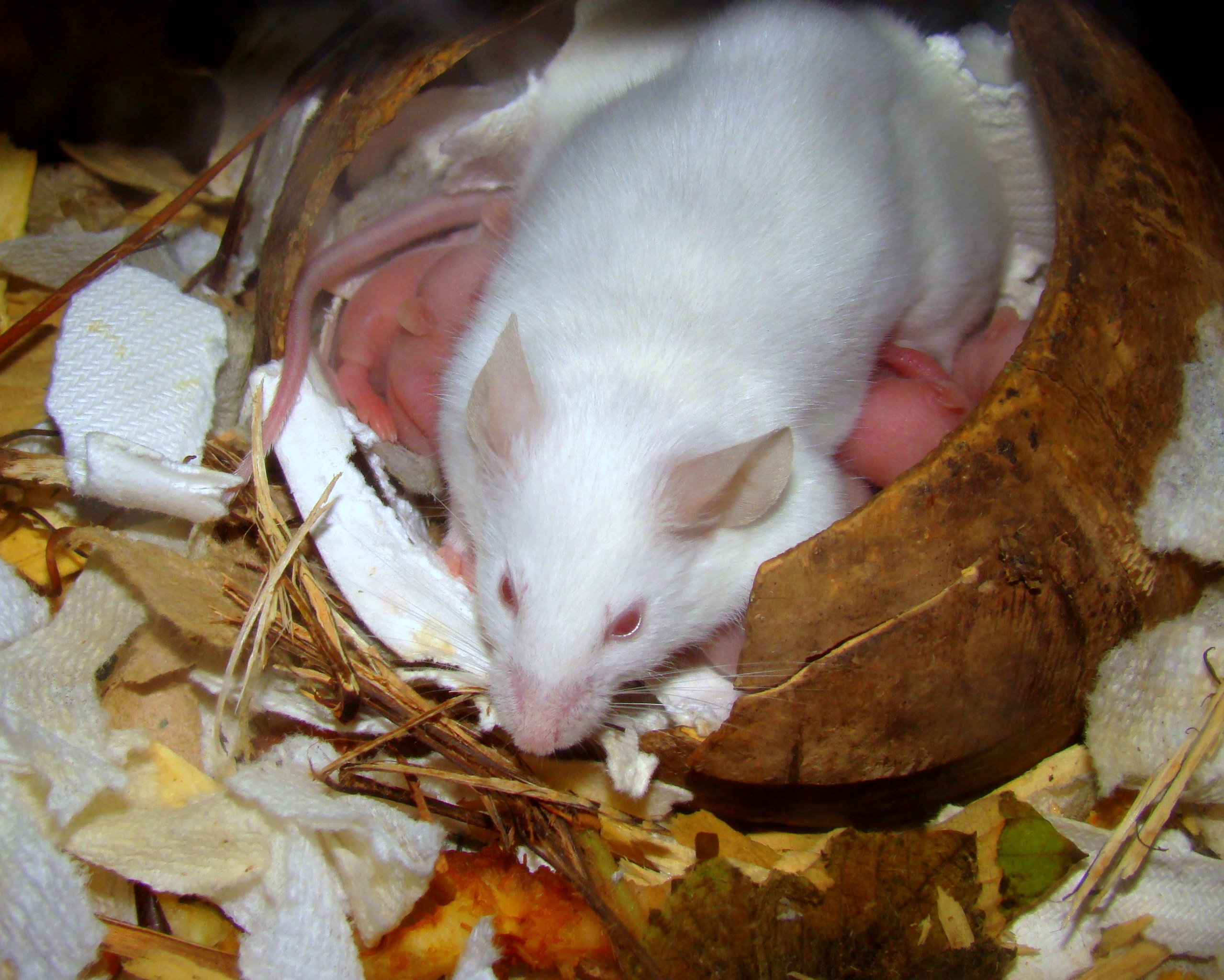The chase is on for scientists to search for our next big leap in plastics technology, as the longer we wait, the more these materials we’ve made will negatively impact the lives of Earth’s next inhabitants.
Currently, modern explorations are diving into renewable technologies that may soon replace how we envision these materials in everyday applications like packaging and general manufacturing.

Researchers from the University of Birmingham (UB) are now stepping up, and they’ve seemingly hit on a sweet new way of creating plastics—almost literally, in fact, as their potential plastic source materials are based on humble sugars.
You see, plastics are usually made from petrochemical starting materials, as they are naturally rich in the long polymer chains that plastics need for their desired properties. This time around, however, UB researchers had their sights set on raw materials named isoidide and isomannide. What sets these two apart from the other polymer raw materials, however, is that they are made from sugar alcohols.
Using these two materials, the researchers were able to create a polymer that’s “stretchable like rubber” and another that’s “tough but ductile, like most commercial plastics,” according to a UB press release.
The press release continues with the isoidide-based polymer exhibiting properties similar to regular plastics, like stiffness and malleability, while at the same time displaying strength similar to engineering plastics like Nylon-6. The isomannide-based polymer, on the other hand, added its own twist in properties with elasticity—an interesting result, considering the fact that isoidide and isomannide differ from each other only by the orientation of two bonds within their structures.
Said co-author Dr. Josh Worch, from UB’s School of Chemistry: “The ability to blend these polymers together to create useful materials, offers a distinct advantage in recycling, which often has to deal with mixed feeds.”
“[Petrol-based] plastics have had decades of research, so catching up with them is a huge challenge. We can look to the unique structures and shapes that biology [has] to offer to create far better plastics with the same expanse of properties that current commercial plastics can offer,” added Dr. Connor Stubbs, another co-author who’s also from UB.
The research team hopes that future applications based on their findings can replace traditional petrochemically-sourced plastics, giving new ways of creating plastics that simply degrade naturally.
The team’s findings were published in the Journal of the Americal Chemical Society.
References
- Lavars, N. (2022, January 18). Eco-friendly plastics made from sugars boast ‘unprecedented’ properties. New Atlas. https://newatlas.com/materials/eco-friendly-plastics-sugars-unprecedented-properties/
- Stubbs, C. J., Worch, J. C., Prydderch, H., Wang, Z., Mathers, R. T., Dobrynin, A. V., Becker, M. L., & Dove, A. P. (2022). Sugar-based polymers with stereochemistry-dependent degradability and mechanical properties. Journal of the American Chemical Society, 144(3), 1243–1250. https://doi.org/10.1021/jacs.1c10278
- University of Birmingham. (2022, January 17). A sweet breakthrough: Scientists develop recyclable plastics based on sugars. Phys.Org. https://phys.org/news/2022-01-sweet-breakthrough-scientists-recyclable-plastics.html










